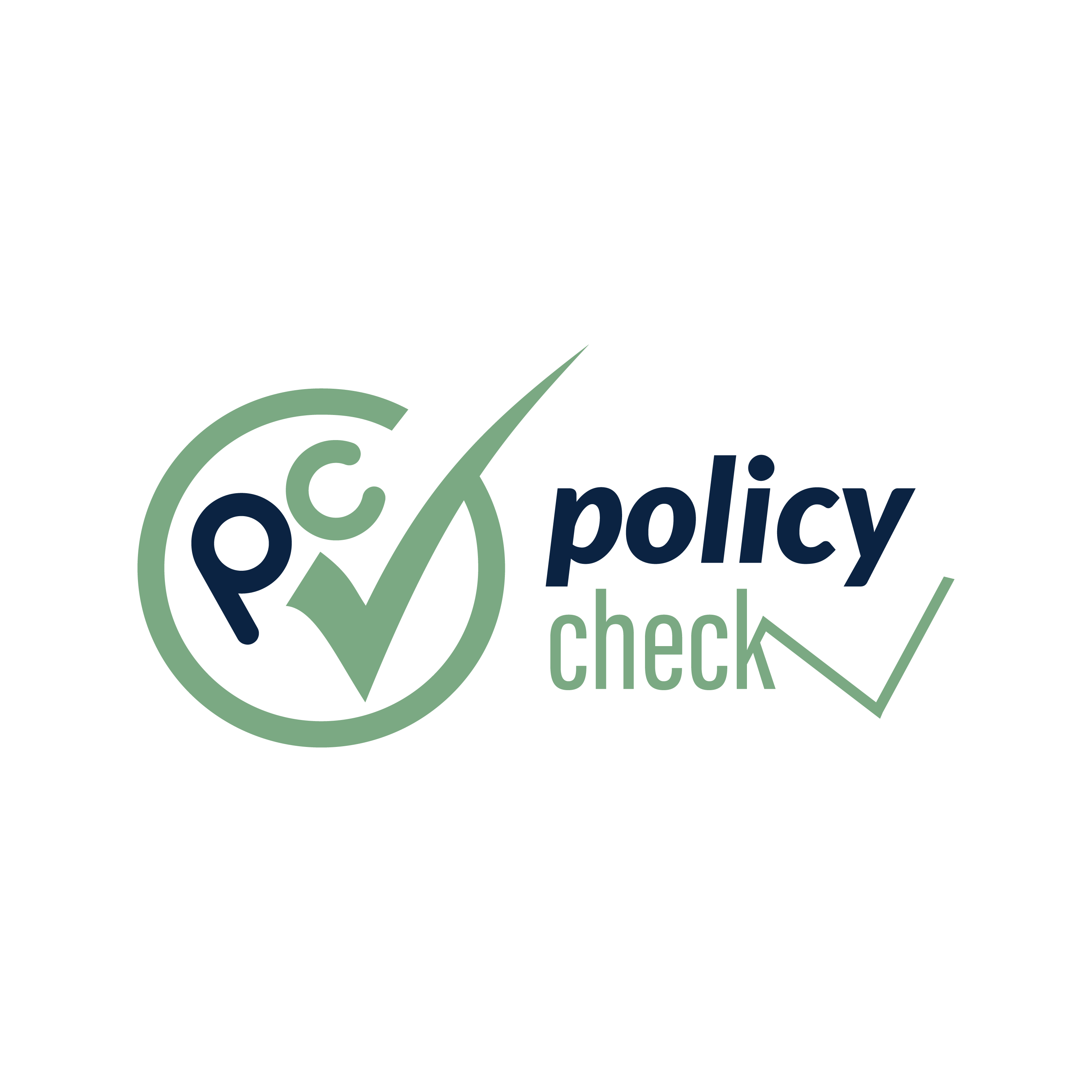Insurance checks on foreign vessels
There is a new hurdle for maritime security, as governments get ready to tighten insurance rules for vessels connected to Russia’s increasing “shadow fleet.” Such tankers have lately been closely examined for bringing Russian oil and bypassing the sanctions imposed by Western nations. Since geopolitical problems are growing, insurance firms and maritime regulators have stepped up actions to ensure global trade is safeguarded and the environment remains safe.
What is the meaning of the Shadow Fleet?

“Shadow fleet” is used to describe a set of old, worn-out oil tankers and cargo vessels controlled by obscure people and fly under undisclosed flags. They usually turn their navigation devices off, perform secretive transfers between ships, and try to hide their travel routes. Because Russia’s exports have been prevented by sanctions in connection to the Ukraine war, this fleet has helped trade continue, with several activities normally against international law and customs.
Insurance companies are urging businesses to reveal more information.
International Group of P&I Clubs and some major global insurers are concerned about how these vessels are increasing the risks. Most of the vessels in the shadow fleet are not insured enough or have no insurance, along with incomplete safety and upkeep records. For this reason, underwriters require underwriters to show all the details about vessel ownership, the route taken, and the source of the cargo if they want coverage.
Creating Better Ways to Enforce the Laws Globally
It is expected that insurers and port authorities will bring in stronger systems to prevent risky ways in shipping. Verifying documents more closely, using GPS satellites to monitor, and always monitoring maritime activities are some of the techniques. AI technology is being developed to study data and find out if suspicious maritime actions are going on.
The combination of western sanctions and efforts by many countries
So far, the United States and European Union have put measures in place to attack the shadow fleet through port blockages, stopping the use of their assets, and warning insurers. Checking inspections on ships goes together with the sanctions and makes it more challenging for vessels violating the laws to function in major ports. When insurance companies stop offering cover to these vessels, the goal is to lessen their involvement in the oil business.
Ensuring the safety of the ocean and still allowing important trade to take place is vital.
Officials are firm in stating that the updated measures are meant to preserve legal business in the trade industry. Therefore, the main aim is to guarantee maritime safety by tackling risks due to vessels not being properly controlled. To avoid harm from oil spills or marine accidents, it is very important for regulators that all ships have proper and valid insurance.
There are new compliance standards appearing in the global shipping industry.
The action taken by these nations might affect international shipping on a large scale. Countries with poor supervision of their vessels may see more strict regulation, which will raise the industry’s standards of responsibility and transparency. Companies involved in shipping should be prompted to update their vessels, maintain their resources well, and document everything fully to comply with new standards.
Maritime regulation makes it hard for sanctioned nations to use their economies to official ends.
Analysts agree that this step is aimed at adding more pressure to the economic sanctions against Russia. West is trying to block these vessels to decrease Russia’s earnings from selling oil. This method gently squeezes the economy without leading to bigger and more dangerous military action.
Toward Making our Maritime World Safe and Clear
Following the new rules, shipping operators have opportunities to demonstrate their responsible ways in the industry. If digital records are improved, who owns what is easy to see, and safety is backed by evidence, partners and insurers will trust them and the approval process can move forward steadily.
Conclusion: An Important Moment for Maritime Control
These new controls in insurance show a big change in the measures being taken by the global community for maritime safety, sanctions, and environmental protection. Because the shadow fleet is being scrutinized more closely, insurers and regulators are telling everyone: Covert actions and hidden ways of doing business will be met with stricter rules. Such a move enhances maritime rules worldwide and makes sure trade activities remain safe and responsible.








